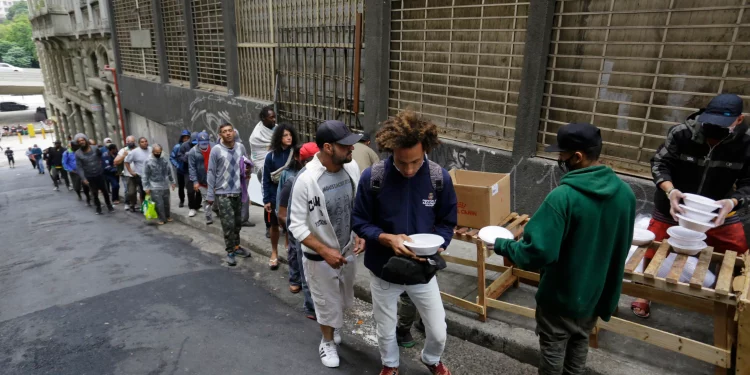If the interest rate hikes are persistent, a global recession is likely unavoidable. The Credit Suisse collapse, SVB collapse, and the ruin of several other banks was a warning.
Central Banks is on an interest rate hiking spree and it hardly affects the wealthy. But the interest rate hikes are having an inordinate effect on those that can least afford it. A better check on the interest rates must be done quickly along with having flexibility on reaching inflation targets.
A Warning Bell for Global Recession
If the interest rate hikes are persistent, a global recession is likely unavoidable. The Credit Suisse collapse, SVB collapse, and the ruin of several other banks was a warning. The other sectors are struggling too but the actual damage is done to the SMEs and home renters. The main of the Federal Reserve is to ease the labour market, or so they say.
The Central Bank directives don’t exactly specify the unemployment targets it is hard to micromanage the labour market. Business loans will have floating interest rates, making things difficult for business firms. According to Bloomberg reports the US manufacturing managers survey June reading of 46 signals contraction; Germany’s 40.6 number is supposed to be a warning signal. The money supply measures and loan lending are considerably slowing across the world.
The European Central Bank’s annual global policy forum in Sintra insisted on the fact that more monetary policy tightenings will happen in the future and borrowing costs will be on the higher side for a longer period. The regulators will be more focused on econometric models which are deemed useless by strong employment and incomes. Central Banks are also obsessed with 25 inflation targets and this is again not useful in a post-pandemic era.
In the UK, the situation is worse. Analysts estimate that the Bank of England will increase the rate to 6.3% compared to 5.6% for the Federal Reserve. The European Central Bank, on the other hand, plans on increasing the rates by just over 4%. The central banks have a duty to their citizens to ensure that the poorest section of society is not affected by an avoidable recession. Former Bank of England chief economist Andy Haldane mentions that the central banks should tolerate above-target inflation and avoid glutting the economy.
Homeowners without debt would benefit from the higher rates while BOE’s plans are being displayed against 30% of owner-occupied houses with mortgages. Some experts estimate that the weight of increasing interest rates is manageable for the top 40% of the income producers who hold mortgage debts. It’s good so far, but things go out of hand when the unemployment rate increases. This is also the very thing that the Bank of England tries to take control of to regain the 2% inflation goal.
High-interest rates are enhancing inequality. The Office for National Statistics estimates that the UK has a savings of 10% of GDP, after increasing during the pandemic. Private sector wage growth of more than 7% will ease the impact for higher earners. The central banks that are caught in the loop of inflation that the policy tightening implemented so far will take time to have an impact. In a frenzy to control the surge of commodity prices, the possibility of pushing the economy into a recession is often ignored.

















